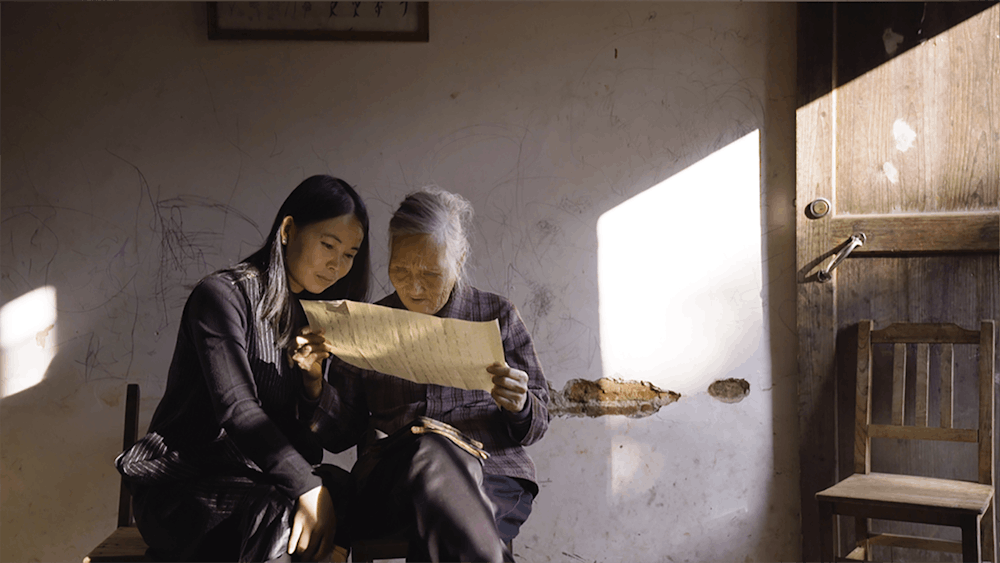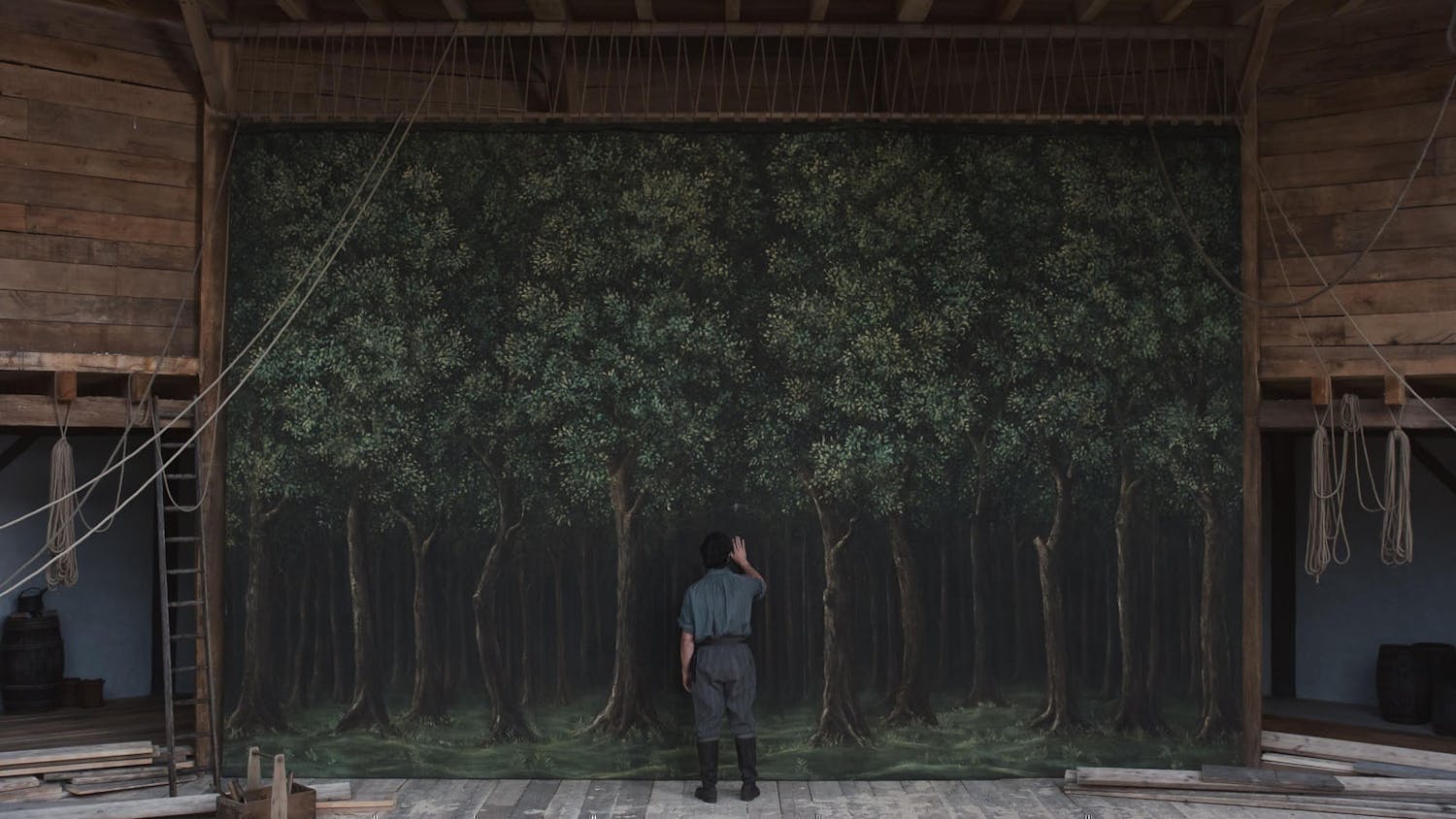The Smithsonian’s Mother Tongue Film Festival is an annual exhibition of films that explore the nuances and strengths of language. With this festival, the Smithsonian strives to highlight the power in human language and communication.
Since its inception in 2016, the Smithsonian has held this festival on International Mother Tongue Day, an annual holiday that falls on Feb. 21. In line with the film festival’s values, the holiday promotes the awareness and importance of linguistic and cultural diversity and multilingualism.
The festival is run by a Smithsonian research program called Recovering Voices, which aspires to “revitalize and sustain endangered languages” and understand the different dynamics of the transfer of intergenerational knowledge, according to the festival website.
Recovering Voices says language is critical to the well-being of a community, our scientific understanding of the world and our ability to confront global, societal and environmental issues.
This year, the film festival showcased films that the Festival says “record personal journeys and explore the drive to find balance and harmony within our world, communities, families, and selves.”
The festival aimed to showcase a diverse set of curators to fully encompass the importance of language from Feb. 21 to 24. The Smithsonian screened 23 short and feature-length films hailing from everywhere from Chile to Wales to New Zealand. These included documentaries, narrative pieces, animations, Claymations and more.
Several of the featured short films are available on the Smithsonian’s Mother Tongue website.
On Feb. 24, in the National Museum of Asian Art's Meyer Auditorium, the festival screened “Hidden Letters,” a 2022 Chinese documentary about the Nüshu language. Directed by Violet Du Feng and Qing Zhao, “Hidden Letters” follows two women living in contemporary China as they attempt to keep Nüshu alive.
Nüshu, developed during either the Song or Shang dynasty in Ancient China, is a surreptitious language derived from Chinese. It was invented by Yao women living in the province of Hunan.
At a time in China when women were forcefully oppressed and silenced by men, Nüshu provided a pivotal form of communication and self-expression for women. The language served as a compelling act of rebellion against power.
The film highlights the relationships that two women – Hu, from Jiangyong, and Simu, from Shanghai – have with Nüshu. Highlighting the generational and eternal bonds between women in China Nüshu formed, “Hidden Letters” takes the audience along on characters’ journey of independence and freedom from repressive, traditional values.
As “Hidden Letters” looks to the future of the Nüshu language, it demonstrates the inherent misplacement it will suffer if wrongfully placed in the modern world. By presenting us with several failed and embarrassing attempts by businessmen to make Nüshu something marketable, the film cleverly makes a mockery of our modernized, consumerist society.
Through its constantly stunning cinematography, “Hidden Letters” paints a beautiful portrait of the Nüshu language. It explores the importance of Nüshu historically, and the state of the language in the modern world – forming a perfect balance between searching the past and scouring a future for Nüshu.
With each passing year, the importance of the Mother Tongue Film Festival only increases. According to a pamphlet that was handed out at the festival, more than half of the world’s languages are endangered: without action, they will be extinct by the year 2100.
“Every language is a window into the human mind,” says the same pamphlet, “it is a record of the knowledge that societies have gained over generations of successful adaptation.”
“Hidden Letters” is available to rent or buy on Amazon Prime. Learn more about the film on its website.
This article was edited by Bailey Hobbs, Zoe Bell, Sara Winick and Abigail Pritchard. Copy editing done by Luna Jinks and Charlie Mennuti.





